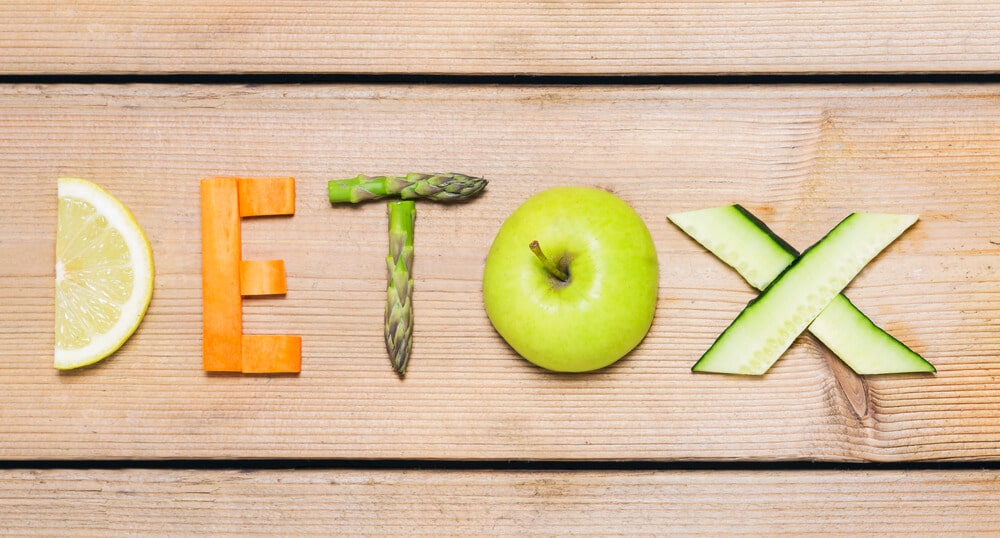Detoxification: What to Expect During the Withdrawal Phase

Detoxification, often referred to as detox, is the crucial first step in the journey to recovery from substance addiction. It involves the process of ridding the body of the harmful substances it has become dependent on. While detox is a necessary and positive step toward a healthier life, it can also be challenging, both physically and emotionally. In this blog post, we’ll delve into what you can expect during the withdrawal phase of detoxification and provide valuable insights to help you or a loved one navigate this critical stage of recovery.
Understanding Withdrawal
Withdrawal is the body’s response to the sudden absence of a substance it has become accustomed to. When a person has been using drugs or alcohol regularly and then abruptly stops or reduces their consumption, withdrawal symptoms can arise. The severity and duration of withdrawal symptoms can vary widely based on several factors, including the type of substance used, the duration of use, and individual differences in physiology.
Common Withdrawal Symptoms
Withdrawal symptoms can manifest physically, emotionally, and mentally. While the specific symptoms can vary depending on the substance of abuse, some common withdrawal symptoms include:
- Physical Symptoms:
- Nausea and vomiting
- Headaches
- Muscle aches and pains
- Sweating and chills
- Restlessness
- Fatigue
- Insomnia or disturbed sleep patterns
- Tremors or shakiness
- Emotional Symptoms:
- Anxiety
- Depression
- Irritability
- Mood swings
- Difficulty concentrating
- Intense cravings for the substance
- Mental Symptoms:
- Hallucinations (in severe cases)
- Delirium (in severe cases)
Duration and Intensity of Withdrawal
The duration and intensity of withdrawal symptoms can vary significantly. For some individuals, withdrawal symptoms may start within hours of the last substance use and peak in severity over the first few days. In milder cases, symptoms may be less intense and shorter in duration. However, in severe cases or with certain substances, withdrawal symptoms can persist for weeks or even months.
What to Expect During the Withdrawal Phase
The withdrawal phase of detoxification can be challenging, but it’s important to remember that it is a temporary and necessary part of the recovery process. Here’s what to expect during this phase:
- Physical Discomfort: You may experience physical discomfort, such as nausea, muscle aches, and fatigue. It’s essential to stay hydrated, rest as needed, and consult a healthcare professional for symptom management.
- Intense Cravings: Cravings for the substance can be intense. These cravings can be triggered by various factors, including stress, environmental cues, and emotional triggers. Developing coping strategies to manage cravings is essential.
- Emotional Rollercoaster: Emotional symptoms like anxiety, depression, and mood swings are common during withdrawal. Remember that these emotions are a natural part of the process and will gradually improve as your body and brain adjust.
- Support and Supervision: If possible, undergo detoxification under the supervision of medical professionals. They can provide medical interventions and medications to manage severe withdrawal symptoms and ensure your safety throughout the process.
- Duration Varies: The duration of withdrawal can vary from person to person and substance to substance. While some people may experience relatively short and mild withdrawals, others may face a more extended and intense withdrawal phase.
- Positive Progress: As the days go by, you will likely notice improvements in your physical and emotional well-being. Symptoms will gradually subside, and you’ll start feeling better.
- Post-Acute Withdrawal Syndrome (PAWS): Some individuals experience a condition known as Post-Acute Withdrawal Syndrome (PAWS). PAWS can involve ongoing mood disturbances, cognitive difficulties, and cravings that persist for weeks or months after the acute withdrawal phase.
- Continued Support: After completing the withdrawal phase, it’s essential to continue with addiction treatment. Detox alone does not address the underlying causes of addiction, and ongoing therapy and support are crucial for long-term recovery.
Tips for Coping with Withdrawal Symptoms
Managing withdrawal symptoms effectively is crucial for a successful detoxification process. Here are some tips to help you or your loved one cope with these challenging symptoms:
- Seek Medical Supervision: If possible, undergo detox under the supervision of healthcare professionals who can monitor your progress, manage severe symptoms, and ensure your safety.
- Stay Hydrated and Nourished: Drink plenty of water and consume nourishing foods to support your body during the detox process. Avoid excessive caffeine and sugary drinks, as they can exacerbate anxiety and restlessness.
- Get Plenty of Rest: Fatigue is a common withdrawal symptom. Resting and allowing your body to heal is crucial during this time.
- Practice Mindfulness and Relaxation Techniques: Mindfulness meditation, deep breathing exercises, and relaxation techniques can help reduce anxiety and improve your ability to manage cravings.
- Lean on Support: Reach out to your support network, including friends, family, and support groups. Sharing your experiences and feelings with others who understand can be incredibly helpful.
- Stay Active: Engaging in light physical activity, such as walking, can boost your mood and help alleviate some physical discomfort.
- Stay Busy: Keeping yourself occupied with hobbies, interests, and distractions can help take your mind off cravings and withdrawal symptoms.
- Medication-Assisted Treatment: In some cases, medication-assisted treatment (MAT) may be recommended to manage withdrawal symptoms and cravings. MAT can be especially beneficial for individuals recovering from opioid or alcohol addiction.
Conclusion
The withdrawal phase of detoxification can be a challenging and uncomfortable experience, but it is a necessary step on the path to recovery from addiction. It’s crucial to approach withdrawal with patience, resilience, and a strong support system. Remember that you are not alone in this journey, and there are healthcare professionals and support groups ready to assist you every step of the way.
While detox addresses the physical aspect of addiction, it’s important to recognize that the recovery journey doesn’t end here. Continued treatment, therapy, and support are essential for addressing the underlying causes of addiction and maintaining sobriety in the long term. Embrace the challenges of withdrawal as part of your healing process, and look forward to a healthier, brighter future in recovery.





